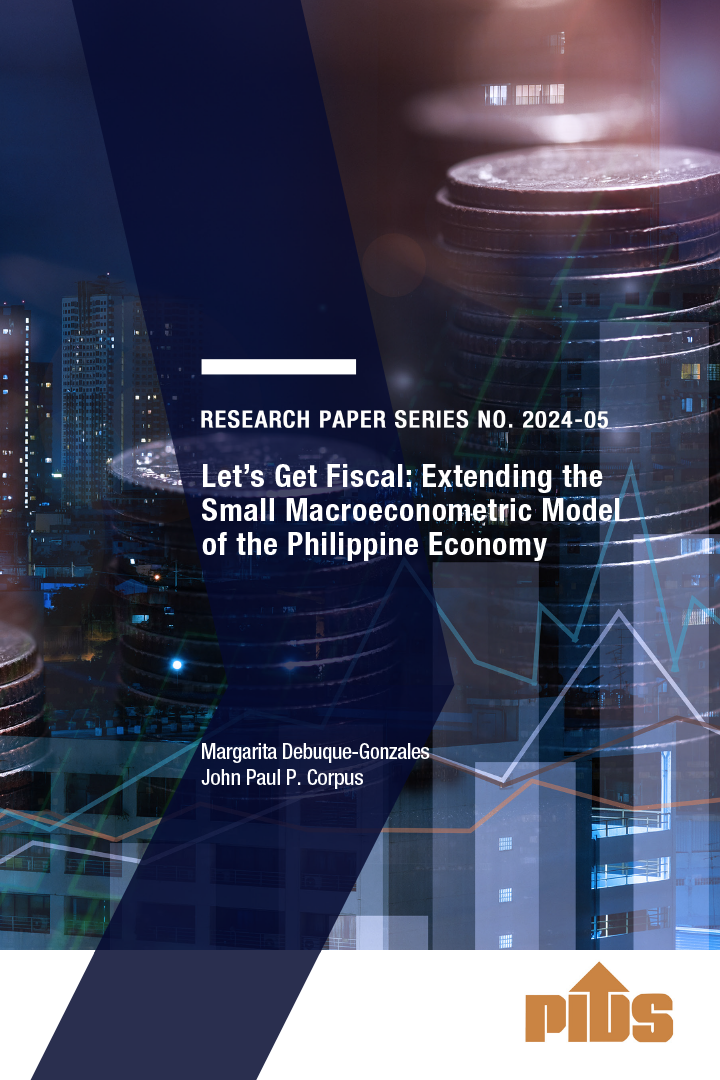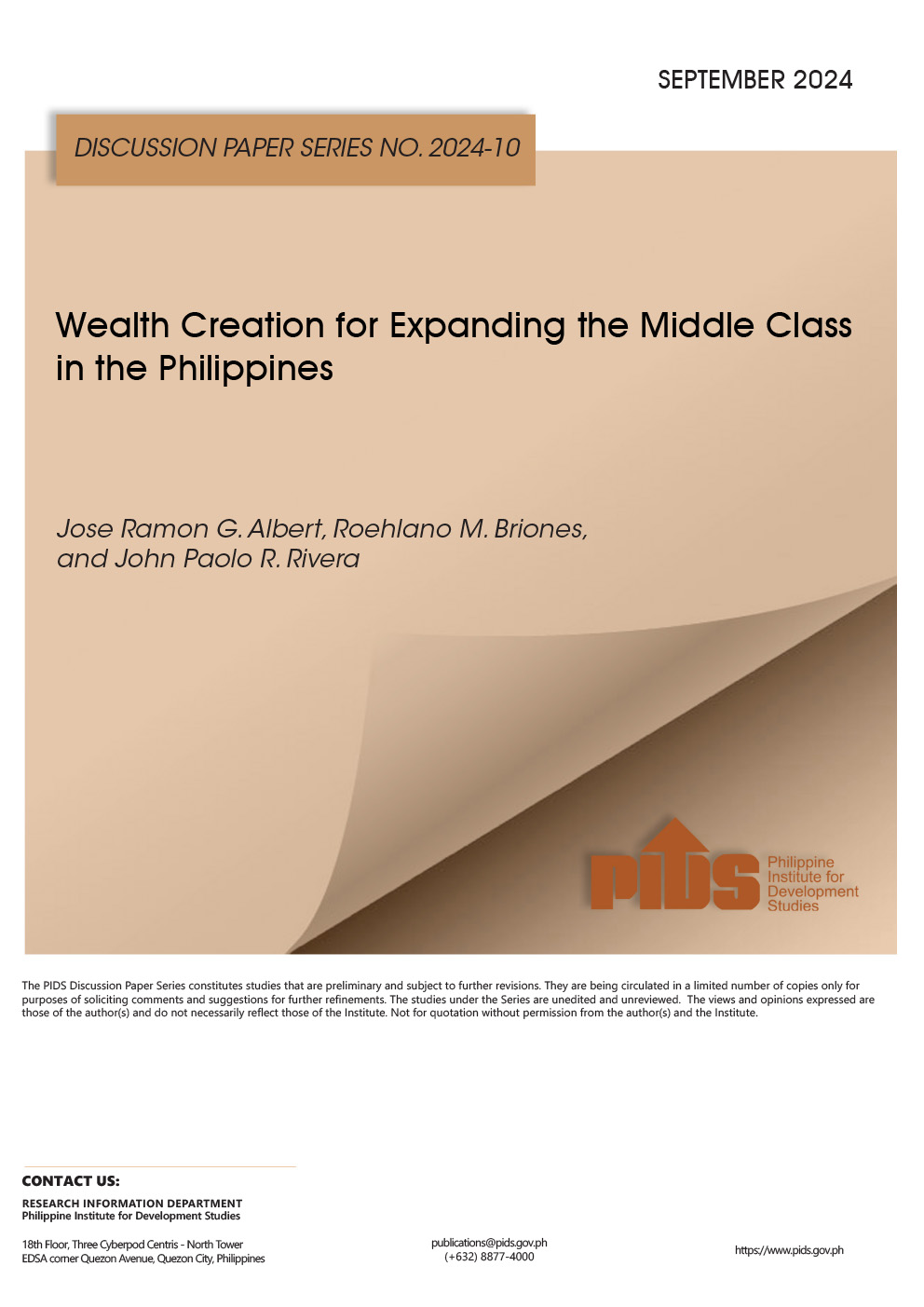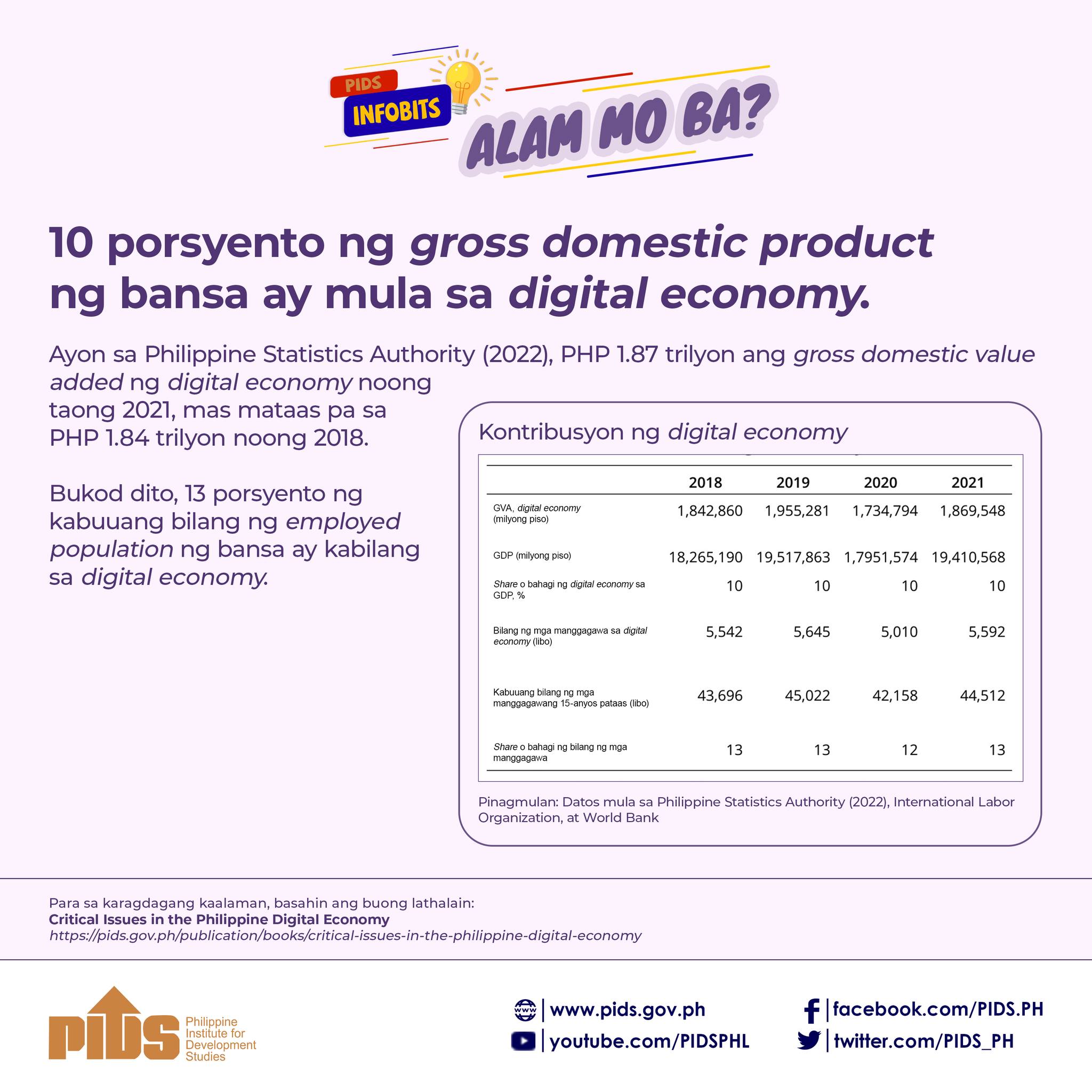US financial group J.P. Morgan said the Philippine economy will remain strong, despite the outcome of the presidential election in May.
“In our view, we do not see the presidential election as a game-changing event to the economy or equity market,” J.P. Morgan said in its Asia Pacific Equity Research over the weekend.
“We think post-election policy changes are remote given that economic planning is institutionalized, particularly fiscal reforms that were put in place over the last two administrations,” it said.
The US bank said there could be risks on policy execution depending on who won the election. It said Vice President Jejomar Binay’s strength would be his long experience in government and his track record as a pragmatic government executive. Binay’s government-style of emphasis on the lower socio-economic echelon might also help improve inclusive growth, it said.
“However, the perceived lack of good governance and the extent of the corruption charges are reasons why Binay does not appear to be popular with the middle class and educated voters,” it said.
J.P. Morgan said presidential candidate Rodrigo Duterte’s biggest weakness was his lack of political machinery to wage a nationwide campaign, while Senator Grace Poe’s disqualification cases “sapped” her popularity.
“The bottom line for this election, in our opinion, is for the electoral process to be completed in a peaceful and credible manner,” J.P. Morgan said.
The continuation of policy reforms after the Aquino administration is one of the hottest issues usually tackled in different economic fora in the country.
Some sectors have expressed concern on whether the next administration could sustain the reforms instituted over the past several years.
Government think-tank Philippine Institute of Development Studies said earlier that slower global growth and the next administration’s uncertain commitment on policy reforms and good governance could pose major risks to the Philippine economy this year.
PIDS president Gilbert Llanto said in a report the issue of succession after the May presidential election had provoked several questions, such as if the next leader would be as committed to policy reform and improved governance.//
Llanto said the challenge to the electorate was to select a leader who would not flinch at the sight of difficult reforms. On the contrary, he said, they should have the courage to make bold policy decisions and inspire the government machinery to implement them.
The economy grew 5.8 percent in 2015, slower than the government’s target of 7 percent to 8 percent for the year and 6.1-percent growth in 2014.
This year, the government also expects the economy to grow between 7 percent and 8 percent.//
“In our view, we do not see the presidential election as a game-changing event to the economy or equity market,” J.P. Morgan said in its Asia Pacific Equity Research over the weekend.
“We think post-election policy changes are remote given that economic planning is institutionalized, particularly fiscal reforms that were put in place over the last two administrations,” it said.
The US bank said there could be risks on policy execution depending on who won the election. It said Vice President Jejomar Binay’s strength would be his long experience in government and his track record as a pragmatic government executive. Binay’s government-style of emphasis on the lower socio-economic echelon might also help improve inclusive growth, it said.
“However, the perceived lack of good governance and the extent of the corruption charges are reasons why Binay does not appear to be popular with the middle class and educated voters,” it said.
J.P. Morgan said presidential candidate Rodrigo Duterte’s biggest weakness was his lack of political machinery to wage a nationwide campaign, while Senator Grace Poe’s disqualification cases “sapped” her popularity.
“The bottom line for this election, in our opinion, is for the electoral process to be completed in a peaceful and credible manner,” J.P. Morgan said.
The continuation of policy reforms after the Aquino administration is one of the hottest issues usually tackled in different economic fora in the country.
Some sectors have expressed concern on whether the next administration could sustain the reforms instituted over the past several years.
Government think-tank Philippine Institute of Development Studies said earlier that slower global growth and the next administration’s uncertain commitment on policy reforms and good governance could pose major risks to the Philippine economy this year.
PIDS president Gilbert Llanto said in a report the issue of succession after the May presidential election had provoked several questions, such as if the next leader would be as committed to policy reform and improved governance.//
Llanto said the challenge to the electorate was to select a leader who would not flinch at the sight of difficult reforms. On the contrary, he said, they should have the courage to make bold policy decisions and inspire the government machinery to implement them.
The economy grew 5.8 percent in 2015, slower than the government’s target of 7 percent to 8 percent for the year and 6.1-percent growth in 2014.
This year, the government also expects the economy to grow between 7 percent and 8 percent.//












